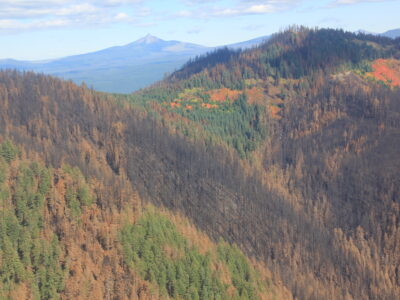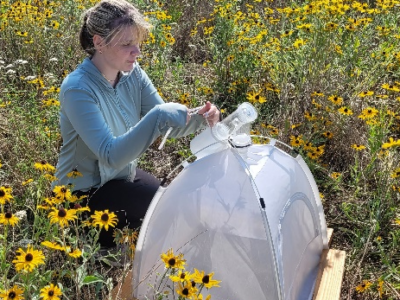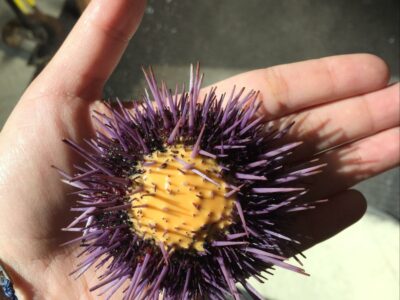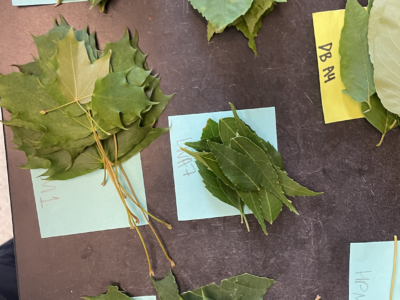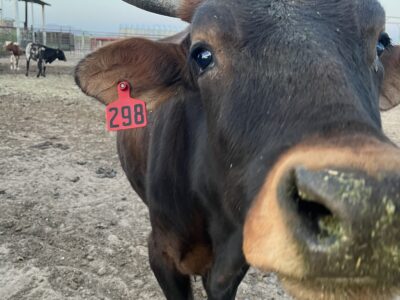At the helm of ChANGE: driving forward a new experiment
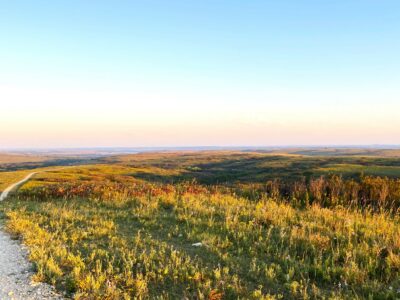
For me, it’s essential to have some childish fun in the field. It lets me reconnect with the curiosity and delight that originally sparked my love of nature, whether that’s chasing down a cute lizard, bringing hordes of candy into the field, or driving a big cool military tanker.

